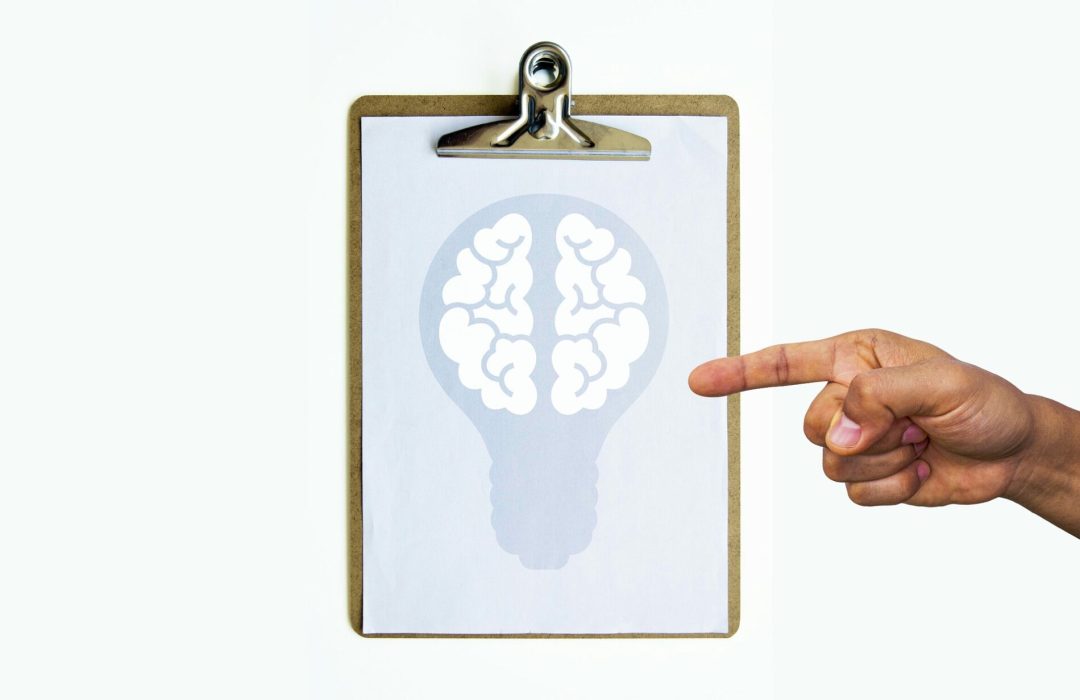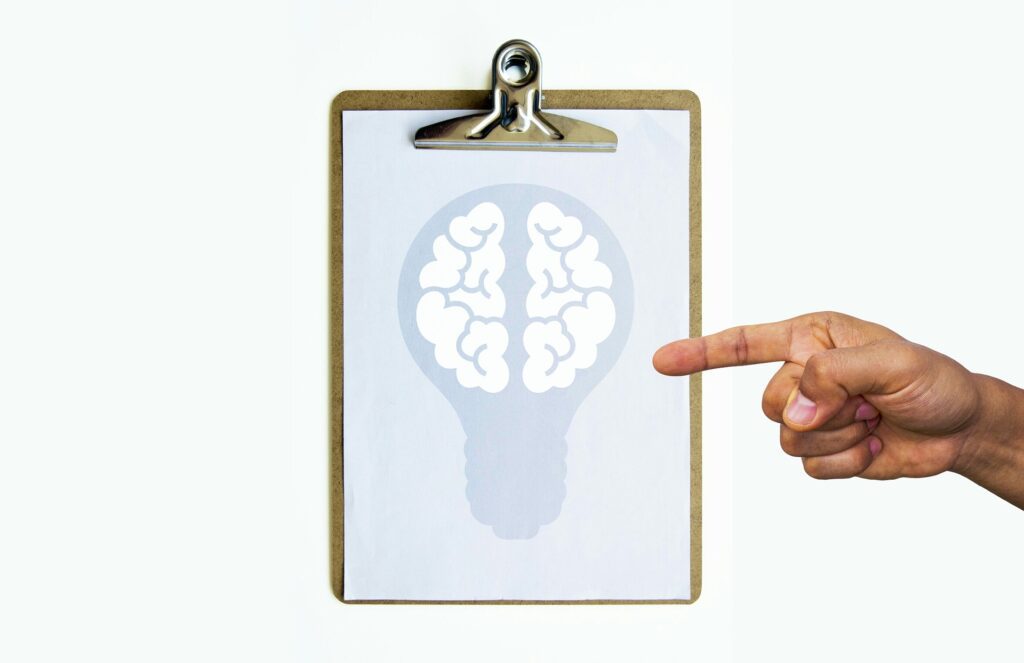
By Emily Holler
With dementia on the rise in Australia and no known cure, it seems an opportune time to raise awareness of how to keep our precious brains healthy. With the right lifestyle choices and a few achievable changes to our routine we can not only offset the risk of cognitive decline as we age, but even improve our intellect and grow a bigger brain.
The brain is a very busy little organ that never stops working. Even when we’re sleeping the brain remains highly active, transferring memories acquired during wakefulness to the brain’s cortex where they are persevered as long term memory. Fun fact—nerve impulses from the brain travel as fast as 170 miles per hour, that’s the speed of a high powered luxury sports car. We need to keep this incredible organ in top shape so it can perform as it’s designed to do.
Here are some of our top tips for improving your brain health:
1. Yoga
The combination of breathing, meditation and holding postures is winning for strengthening brain function, and actually physically thickens layers of the cerebral cortex. Brain scans have also revealed that yoga creates positive changes to brain chemistry. A 2015 study conducted by McGill University and the National Institute of Health in the US confirmed that consistent yoga practice yields even further benefits by increasing grey matter in the left hemisphere of the brain affecting social behaviour, self-awareness and motor control among other things. All exceptionally good reasons to make yoga a regular part of your brain health regimen.
2. Omega-3 Fats
Approximately 60% of the brain is composed of fats and 25% of this is DHA, which is an essential structural component of the brain. Our bodies can’t actually produce omega-3 fats so it’s essential that we obtain some intake from foods that are rich in it, such as fish and organ meats such as liver. Low levels of DHA is linked to memory problems and Alzheimer’s disease. Research suggests that degenerative conditions can actually be reversed by supplementing with DHA.
3. Playing a Musical Instrument
Playing a musical instrument stimulates multiple areas of the brain and increases brain size and function. Even listening to music engages the brain in a way that is healthy and beneficial to both children and adults alike. Research has shown that listening to music can reduce anxiety, blood pressure and pain, as well as improve sleep quality, mood, mental alertness and memory. Taking up music practice before the age of 7 has been shown to provide lifetime benefits such as increased ability to integrate sensory information.
4. Vitamin D
Scientist’s have linked the activity of Vitamin D to a number of functions relating to our brain health. Vitamin D activates and deactivates enzymes in the brain and the cerebrospinal fluid that is involved in neurotransmitter synthesis and nerve growth. Studies also show that the vitamin protects neurons and reduces inflammation. Those with low vitamin D are much more likely to be cognitively impaired and exhibit slower processing speeds. So ensuring we get safe sun exposure is an absolute must for our grey matter.
5. Gut Health
It is often said that the gut is the second brain and this statement is physiologically correct in that gut bacteria actually transmits information to the brain via the vagus nerve. The gut also has neurons that produce neurotransmitters like serotonin. So a happy gut literally equates to a happy mind. Given this close connection between gut health and brain function, it becomes apparent that nurturing your microbiome by eating a healthy diet rich in fermented foods and low in refined sugar and processed foods is a vital part of maintaining optimum brain health.
6. Exercise
Our bodies are designed to move. Regular aerobic exercise is not only good for our overall health but has also been proven to increase both grey and white matter in the brain. Exercise improves blood flow to the brain and also stimulates nerve cells to release proteins called neurotrophic factors. One in particular called brain-derived neurotrophic factor triggers chemicals that encourage neural health and provides benefits for cognitive functioning. Researchers have also discovered that having sex promotes the formation of new neurons and improves cognitive function.
7. Sleep
Sleep is essential for regenerating the physical body and the brain and is known to enhance memories and improve performance of challenging skills. When we’re well rested, we feel clear and alert and our brain functions at its optimal capacity. When we’re overtired we’re more prone to making mistakes or being clumsy. Sleep improves our mood and our mental health and aids in decision making. Neurological science shows that the brain clears itself of accumulated toxins while we sleep. So many reasons to ensure we get a good nights rest. Zzzzzz.


